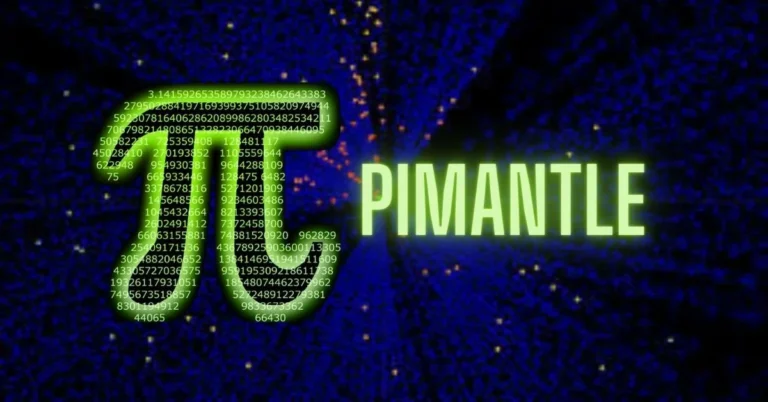Harry Potter and the Quest for Identity: How Characters Find Themselves
In J.K. Rowling’s Harry Potter series, the journey of self-discovery is as magical as the spells and creatures that fill its pages. Each character’s path to understanding who they are is intricately woven into the fabric of this rich narrative, showcasing a universal theme that resonates with readers: the quest for identity. This theme not only drives the storyline but also connects deeply with fans, inviting them to explore their own identities.
Harry Potter himself starts as an orphan who knows little about his past. His entry into the wizarding world opens a door to self-discovery that is fraught with challenges and danger. As he learns more about his parents and grapples with his fame as “The Boy Who Lived,” Harry’s journey becomes one of understanding his own moral compass and defining his character beyond the expectations set by others. His struggle with his identity peaks as he uses the Resurrection Stone, facing his deceased loved ones before his final confrontation with Voldemort, solidifying his understanding of himself as someone who values love and sacrifice over power.
Hermione Granger’s quest for identity is equally compelling. Initially, she is defined by her intellect and Muggle heritage, but as the series progresses, Hermione embraces her unique strengths and becomes an advocate for justice and equality, championing the rights of oppressed creatures and fighting against prejudices within the magical community. Her journey from a rule-following student to a clever and brave witch who defies societal norms shows her development into a confident individual who knows what she stands for.
Ron Weasley often struggles with feelings of inferiority and doubts his worth compared to his more famous friends. However, through his experiences, Ron learns the importance of loyalty and bravery, ultimately understanding that his value does not lie in living up to others but in being true to himself and his beliefs. His evolution is a poignant example of how self-worth is discovered through trials and steadfastness in one’s personal journey.
The series also explores the darker aspects of identity through characters like Draco Malfoy and Severus Snape. Draco begins as a character firmly rooted in the prejudices of his family. Over time, he faces moral conflicts that challenge his early beliefs and force him to question who he is beyond the values instilled in him by his family. Snape, on the other hand, deals with a tormented past and dual loyalties, which complicate his identity. His final acts reveal a complex person driven by love and remorse, showing that identity can also be a reconciliation of one’s past with their actions in the present.
The Sorting Hat’s role in the series symbolises the beginning of each character’s journey to self-discovery. As each student is sorted into one of the four Hogwarts houses based on their deepest traits, they start to explore what truly defines them. This iconic moment has transcended the books, leading to the creation of the Harry Potter house quiz, where fans can engage in their exploration of self-identity by seeing where they might fit within the magical world.
In conclusion, Harry Potter is not just about magic and adventure; it’s a deep dive into how individuals come to understand and accept themselves. Through their experiences at Hogwarts, characters find their identity by facing their fears, making hard choices, and growing through their relationships. This journey is what makes the series not only enchanting but also incredibly relatable and profound.







